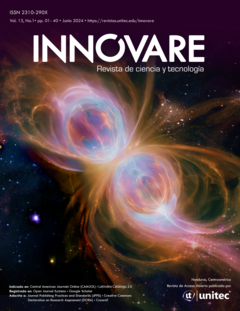Evaluation of intercultural skills and peaceful coexistence in university students
DOI:
https://doi.org/10.69845/innovare.v13i1.335Keywords:
Intercultural communication, Peaceful coexistence, Skills, Social adaptationAbstract
Introduction. In an increasingly globalized world, peaceful coexistence in multicultural environments such as universities becomes crucial for the integral development of students and the construction of inclusive societies. This study analyzed the development of intercultural skills as a fundamental tool to promote peaceful coexistence in the university environment. Methods. A quantitative-qualitative approach and exploratory design were used applying and electronic survey and face-to-face interviews with university students in Sao Paulo, Brazil. Results. Key findings in intercultural coexistence at the university were the following: 75% improvement in communicative competence, 80% in empathy, 70% in adaptability and 65% in conflict resolution. The study showed significant improvements in communicative competence, empathy, adaptability, and conflict resolution in university settings. Conclusion. This study highlights the importance of intercultural skills development to foster peaceful coexistence in university settings. The implementation of comprehensive programs that address the different dimensions of interculturality is recommended considering the specific needs of each context.
Downloads
1047
PDF (Español (España)) 87
Published
How to Cite
Issue
Section
License
Copyright (c) 2024 Chess Emmanuel Briceño Núñez

This work is licensed under a Creative Commons Attribution-NonCommercial-NoDerivatives 4.0 International License.




